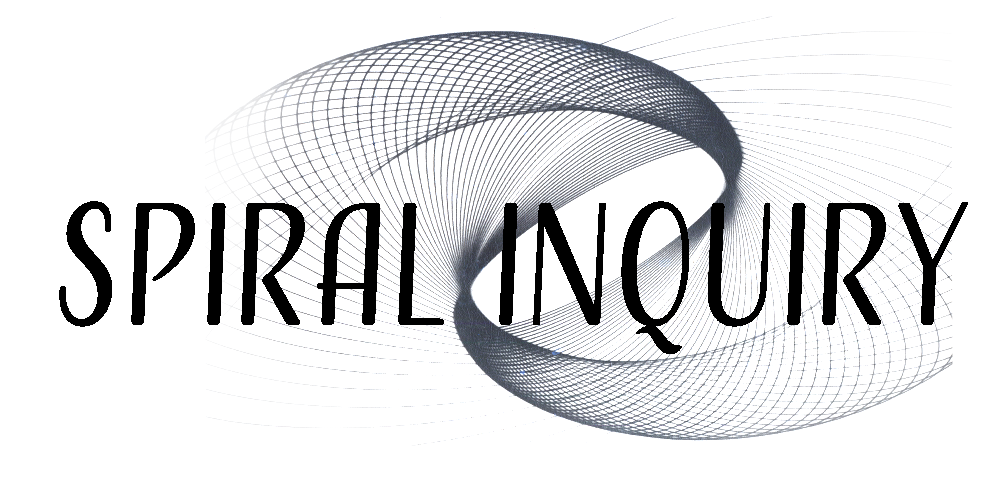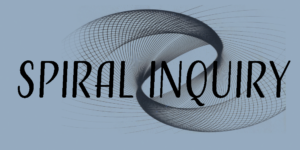It is often said that technology is value neutral – what determines whether it is good or evil depends on the uses that people make of it. Once touted as the great power equalizer and democratizer of information and influence, the World Wide Web is now seen by many as a threat to personal autonomy and individual security.
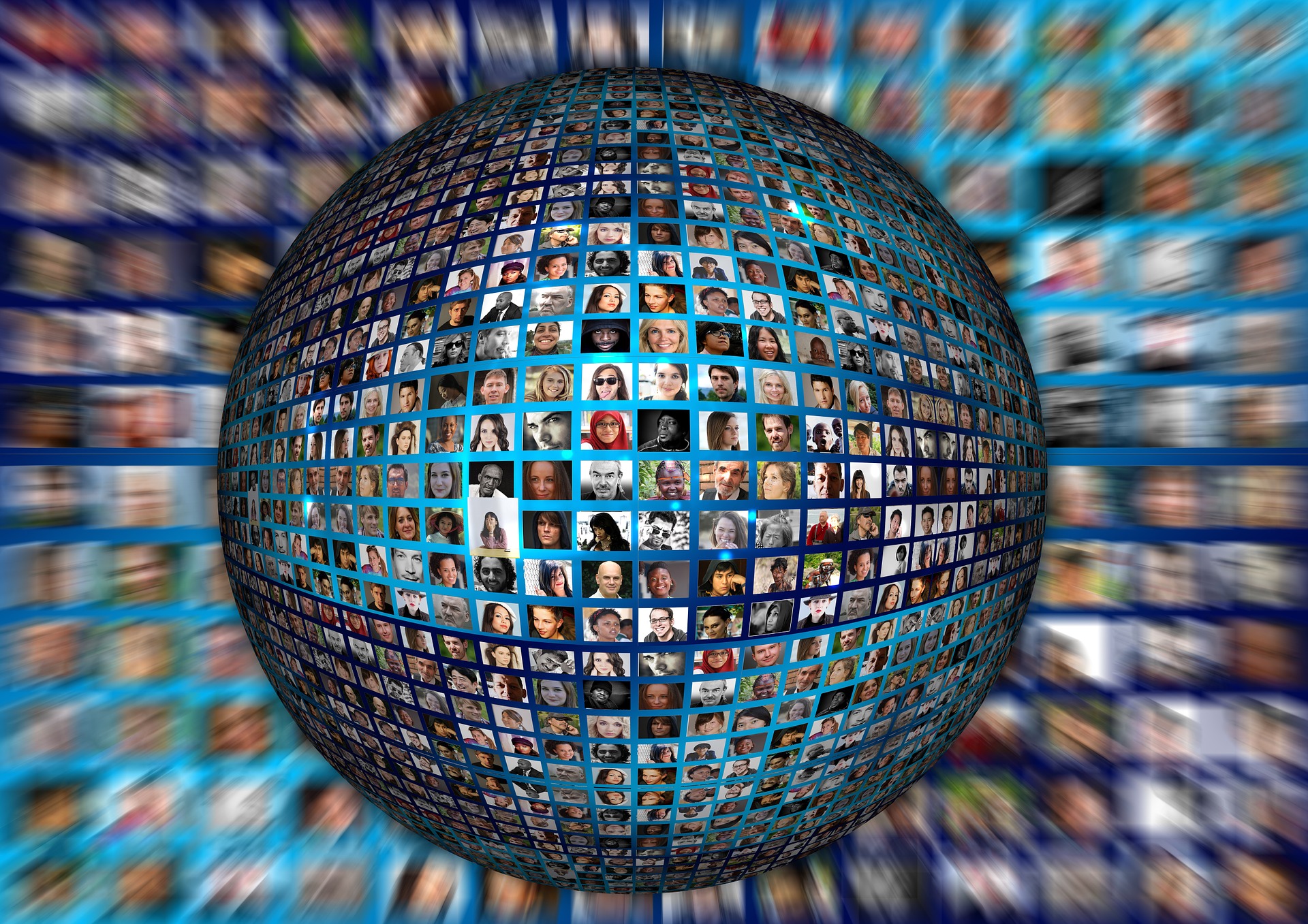
Introduction
While the World Wide Web has many positive uses, the downsides have recently been getting more attention. These include huge security breaches, the rampant spread of internet bullying and conspiracy theories, growing frustration with algorithmic bias and discrimination, and accusations of manipulation, privacy violation and market abuse by tech companies. Those companies include the five largest corporations (by market capitalization) in the world: Apple, Alphabet (Google), Amazon, Microsoft and FaceBook. Once touted as the great power equalizer and democratizer of information and influence, the World Wide Web is now seen by many as a scourge of depravity and misinformation and a threat to personal autonomy and security. But there are movements underway to fight the trolls and to combat the risk of abuse.
Fight the Trolls
One of the downsides of the World Wide Web is the free reign it has given to Internet trolls – anonymous individuals and groups who seem to take pleasure in attacking and harassing anyone espousing positions they disagree with. In some cases, trolls have destroyed the credibility, the privacy, the livelihood and the reputation of innocent targets, and even fomented physical violence. Among the most egregious examples are the school shooting victims who have experienced sustained abusive harassment by individuals who claim they are actors and imposters and that the events were staged.

A new movement, with the #Iamhere label (#Jagärhär in Sweden, #ichbinhier in Germany), is beginning to fight back. Founded by Nina Dennert, a Swedish journalist who first experienced abusive treatment at the hands of neo-Nazis when she was 14, the movement aims to respond to online hate-speech and trolling with love and support for the targets as well as disciplined rebuttal to the perpetrators. As reported in Germany, “the idea is a bit like a volunteer neighborhood watch for the digital age, with users patrolling the Internet to enforce minimum standards of civilized speech on issues that get people hot under the collar.”
The challenges are huge, however, and the nascent movement has brought a flood of retributive hate speech and death threats to Nina and others. To be successful, the community needs much broader recognition and support. I would urge those of you that have an active online presence to promote their ideals and follow their lead. For more, read this Guardian article and volunteer here: #Iamhere.
Opposing the Abuse of Power
While many have claimed credit for creating the World Wide Web, there is one individual that can legitimately be given that recognition – Tim Berners-Lee. TimBL, as he is known, is the English computer scientist that developed and demonstrated in 1989 the hypertext transfer protocol (HTTP) that enabled the Internet, as we know it today. He also wrote the first web browser and is the founder and Director of the World Wide Web Consortium (W3C). Tim has long been an advocate for the Internet as an open and accessible platform, and he made his ideas available freely, with no patent and no royalties. W3C standards are based on royalty-free technology, so they can be used by anyone. TimBL could have been a billionaire many times over, but he advocates instead for equal and non-discriminatory access by all.
The rapid development and commercialization of the World Wide Web in recent decades has resulted in a concentration of power and control that threatens this ideal. The argument over net neutrality is symptomatic of the issue. If the owners of the equipment running the Internet are allowed to charge whatever the market will bear, then users will not be treated “neutrally.” The web risks becoming increasingly segregated based on the ability to pay, an elite, rather than an egalitarian, service. Net neutrality was US policy under President Obama, but that policy was reversed under President Trump.
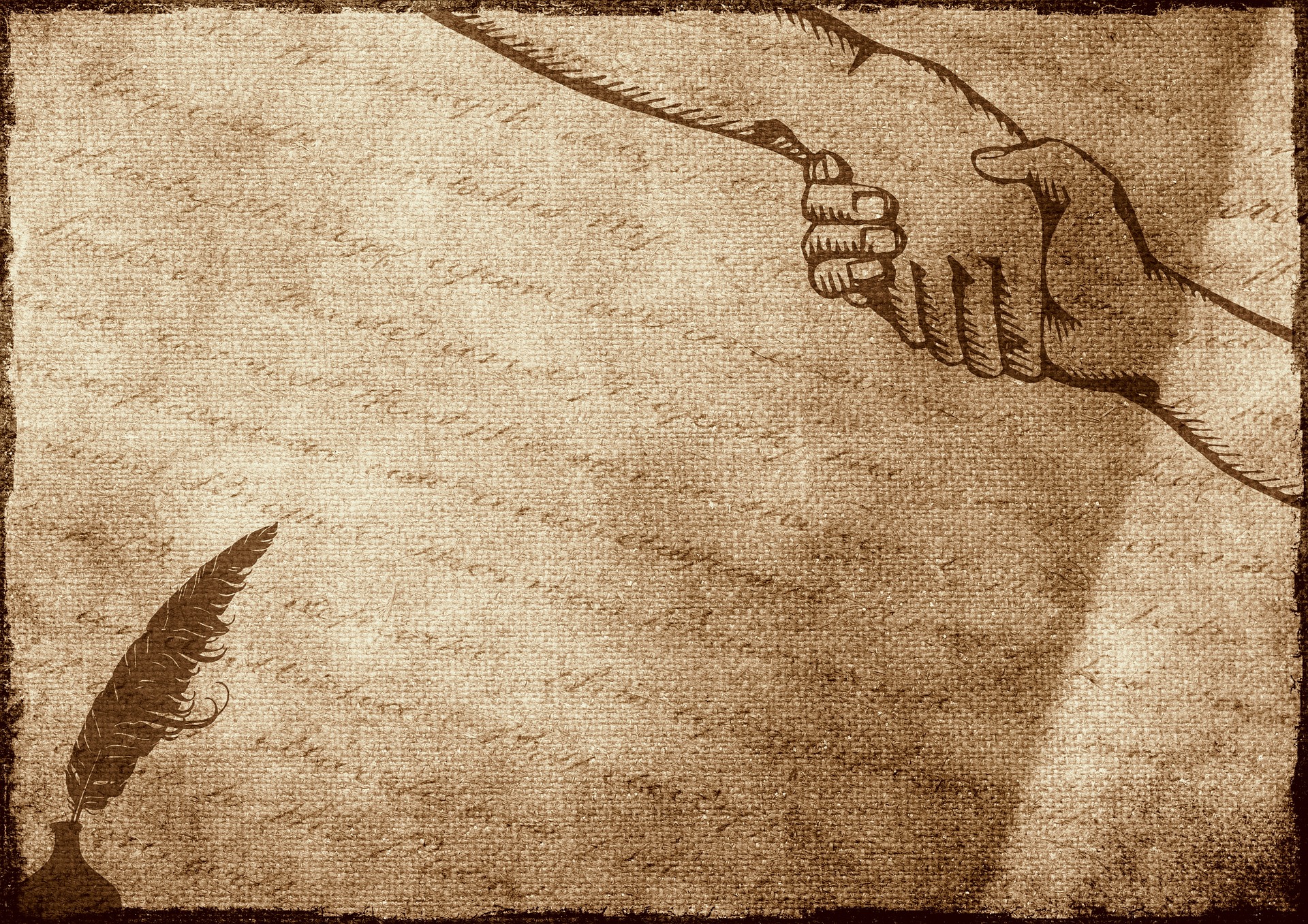
Tim Berners-Lee has launched a new movement to promote a “Contract for the Web” that aims to protect people’s rights and freedoms on the Internet. He has called it a Magna Carta for the Web. The original Magna Carta, signed in 1217, redefined the balance of power between the King of England and the landed Nobles over which he ruled. This Magna Carta seeks to redefine the rights and obligations between those providing Internet services and those using the services.
“For the first 15 years, most people just expected the web to do great things. They thought ‘there’ll be good and bad, that is humanity, but if you connect humanity with technology, great things will happen… What could go wrong? Well, duh: all kinds of things have gone wrong since. We have fake news, we have problems with privacy, we have problems with abuse of personal data, we have people being profiled in a way that they can be manipulated by clever ads.” – Tim Berners-Lee
The “Contract for the Web” offers some very general aspirations:
- Governments will: Ensure everyone can connect to the internet; Keep all of the internet available, all of the time; and Respect people’s fundamental right to privacy
- Companies will: Make the internet affordable and accessible to everyone; Respect consumers’ privacy and personal data; Develop technologies that support the best in humanity and challenge the worst.
- Citizens will: Be creators and collaborators on the web; Build strong communities that respect civil discourse and human dignity; Fight for the web so it remains open and a global public resource for people everywhere, now and in the future.
TimBL admits there is a lot of work to be done to actualize these aspirations, but that work has begun. We can all help by signing on to the Contract for the Web and helping to promote it.
Conclusion
Human civilization runs on communication. That civilization changed radically when papyrus was invented (c.3000BCE), and again when Gutenberg’s printing press democratized the printed word (1455). The 19thcentury brought the telegraph (1830), and radio (1895). Broadcast communication in a variety of media became ubiquitous through the 20thcentury. Each of these technologies transformed human communication, institutions and culture.
In the 21stcentury, these changes have dramatically accelerated. The World Wide Web is fundamentally altering human communication, institutions and culture. Not all of those changes have been beneficial. If this concerns you, then you have an opportunity to do something about it. This article suggests two ways you can make a difference:
- Sign on and promote the Contract for the Web.
- Join and support minimum standards of civilized speech online including: #Iamhere.
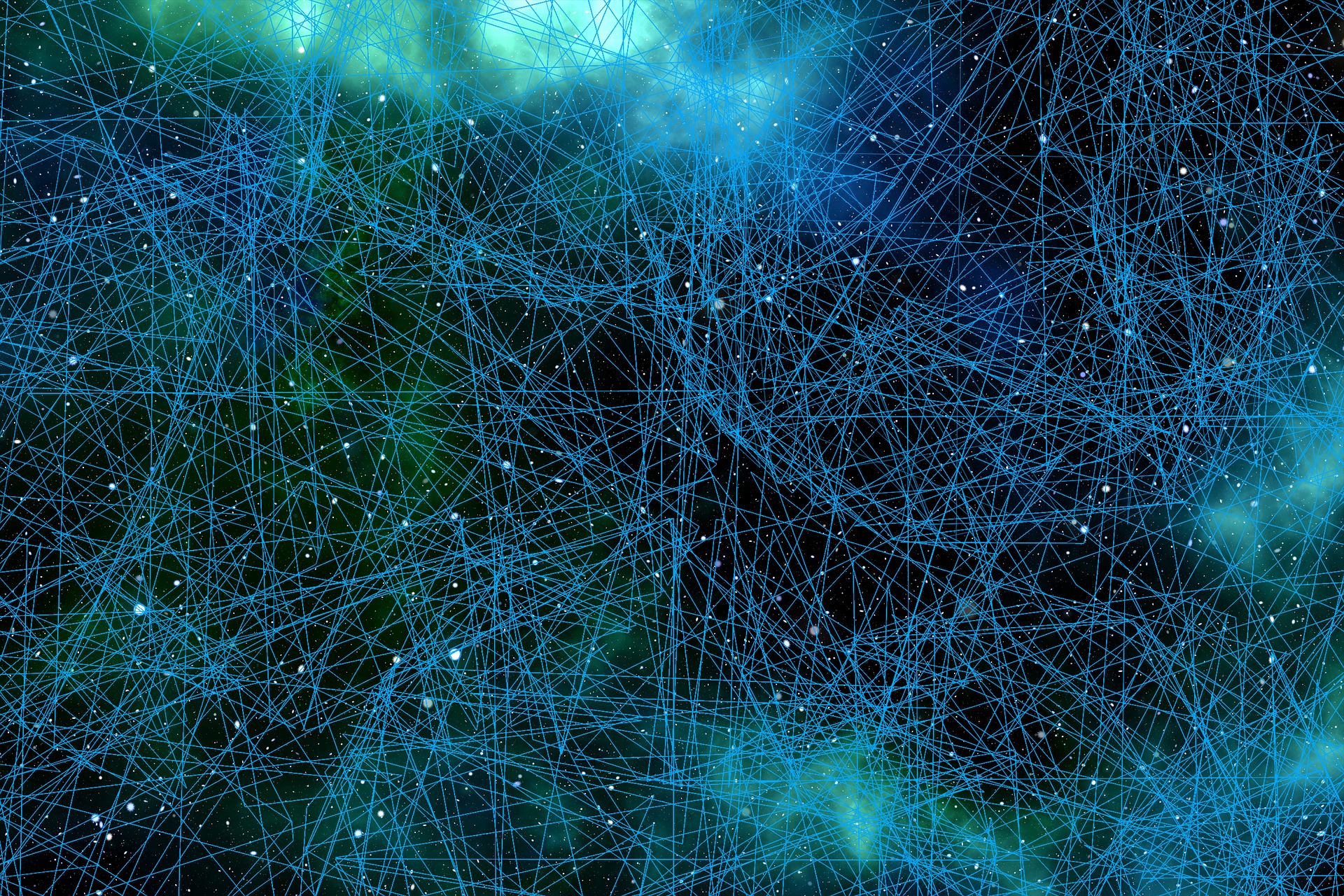
A tangled web – the modern Internet.
